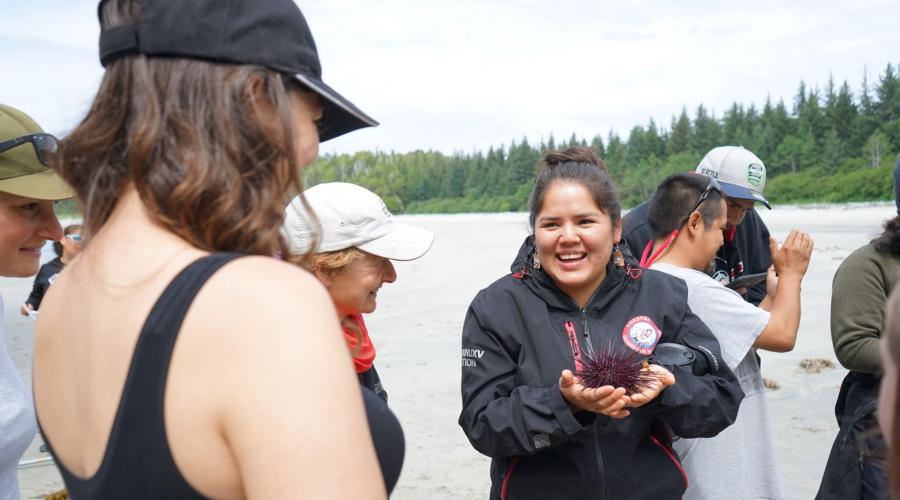
Over-fishing, climate change, pollution, shipping traffic – the list of threats to our oceans is constantly growing. Coastal Indigenous nations experience the impacts of these activities in a deep way. At West Coast, we work with nations to revitalize Indigenous laws that provide guidance for how to better care for the marine space.
Haíɫzaqv (Heiltsuk) Tribal Council
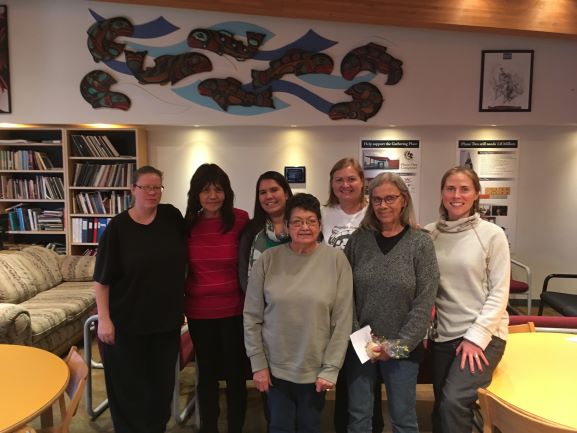 The Haíɫzaqv (Heiltsuk) Tribal Council is engaged in many governance building processes to uphold their jurisdiction over their territory, as their ancestors have done for the past 14,000 years. The work of marine governance is supported by the staff at the Haíɫzaqv Integrated Resource Management Department. In September 2017 the Haíɫzaqv began working on a RELAW project with the goal to create legislation that will be enacted under the forthcoming Haíɫzaqv Constitution. Given the importance of the ocean in Haíɫzaqv society, leadership identified the need to have an Oceans Act rooted in their own ğvi̓las/laws.
The Haíɫzaqv (Heiltsuk) Tribal Council is engaged in many governance building processes to uphold their jurisdiction over their territory, as their ancestors have done for the past 14,000 years. The work of marine governance is supported by the staff at the Haíɫzaqv Integrated Resource Management Department. In September 2017 the Haíɫzaqv began working on a RELAW project with the goal to create legislation that will be enacted under the forthcoming Haíɫzaqv Constitution. Given the importance of the ocean in Haíɫzaqv society, leadership identified the need to have an Oceans Act rooted in their own ğvi̓las/laws.
The Haíɫzaqv RELAW team engaged in intensive research on Haíɫzaqv ğvi̓las/law and talked to many citizens to learn how to structure a written piece of legislation that can uphold Haíɫzaqv marine jurisdiction and governance practices. The working title for the Haíɫzaqv Nation Oceans Act is, H̓aíkilaxsi c̓isḷá w̓áw̓áx̌tusa gáyáqḷa qṇts dṃxsax̌v: Respecting and Taking Care of our Ocean Relatives. This work will be ongoing and extend beyond the RELAW Project.
Revitalizing Haíɫzaqv Law for Land, Air and Water: Telling the RELAW Story is a short booklet that describes the Haíɫzaqv RELAW journey, who was involved and what the outcomes were. You can also learn more in this blog and video about the Haíɫzaqv RELAW project.
Kitasoo/Xai’xais First Nation
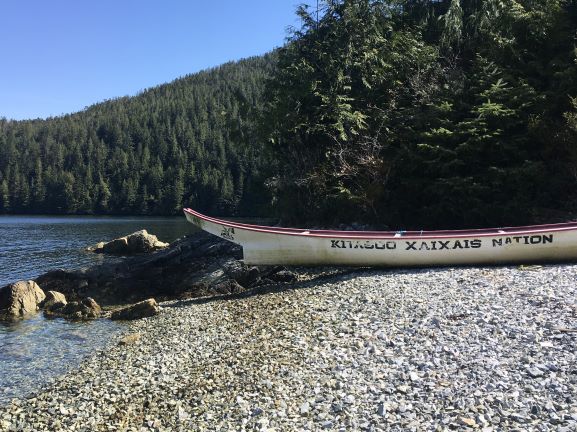 The Kitasoo/Xai’xais are concerned about the rapid decline of fish populations in their territory. This decline has been caused by over-fishing allowed by DFO management that does not consider Kitasoo/Xai’xais laws. Through the RELAW project, they are explaining why key food fish areas identified during the Kitasoo/Xai’xais’ marine use planning process in the 2000s need to be protected from over-fishing. These rationale documents will be used as roadmaps to help incorporate Kitasoo/Xai’xais knowledge and law into future planning.
The Kitasoo/Xai’xais are concerned about the rapid decline of fish populations in their territory. This decline has been caused by over-fishing allowed by DFO management that does not consider Kitasoo/Xai’xais laws. Through the RELAW project, they are explaining why key food fish areas identified during the Kitasoo/Xai’xais’ marine use planning process in the 2000s need to be protected from over-fishing. These rationale documents will be used as roadmaps to help incorporate Kitasoo/Xai’xais knowledge and law into future planning.
This work builds on an earlier Kitasoo/Xai’xais RELAW Project focused on developing a management plan for an Indigenous protected area in Kitasu Bay grounded in Kitasoo/Xai’xais law.
Kitasu Bay is the breadbasket of the Kitasoo/Xai’xais Nation in Klemtu. The Kitasoo have inhabited and protected the area since time immemorial. Unfortunately, colonial fisheries management has resulted in steep declines in many important species including abalone, herring, and salmon; threatening the survival of the ecosystem and the people that depend on it. While many direct actions have taken place over the years to directly counter poor management decisions, it is time for a lasting solution. The Kitasoo/Xai’xais believe that one of the key reasons for the poor management decisions and subsequent decline is the inappropriateness of the values on which current management is based. To remedy the issue, the Kitasoo/Xai’xais Nation worked with West Coast Environmental Law to develop a management plan based on the core values of Kitasoo/Xai’xai law. This plan will inform the management of the Kitasu Bay Indigenous Protected Area that will be enacted first under Kitasoo/Xai’xais law, and later under Canadian law.
Tsawout
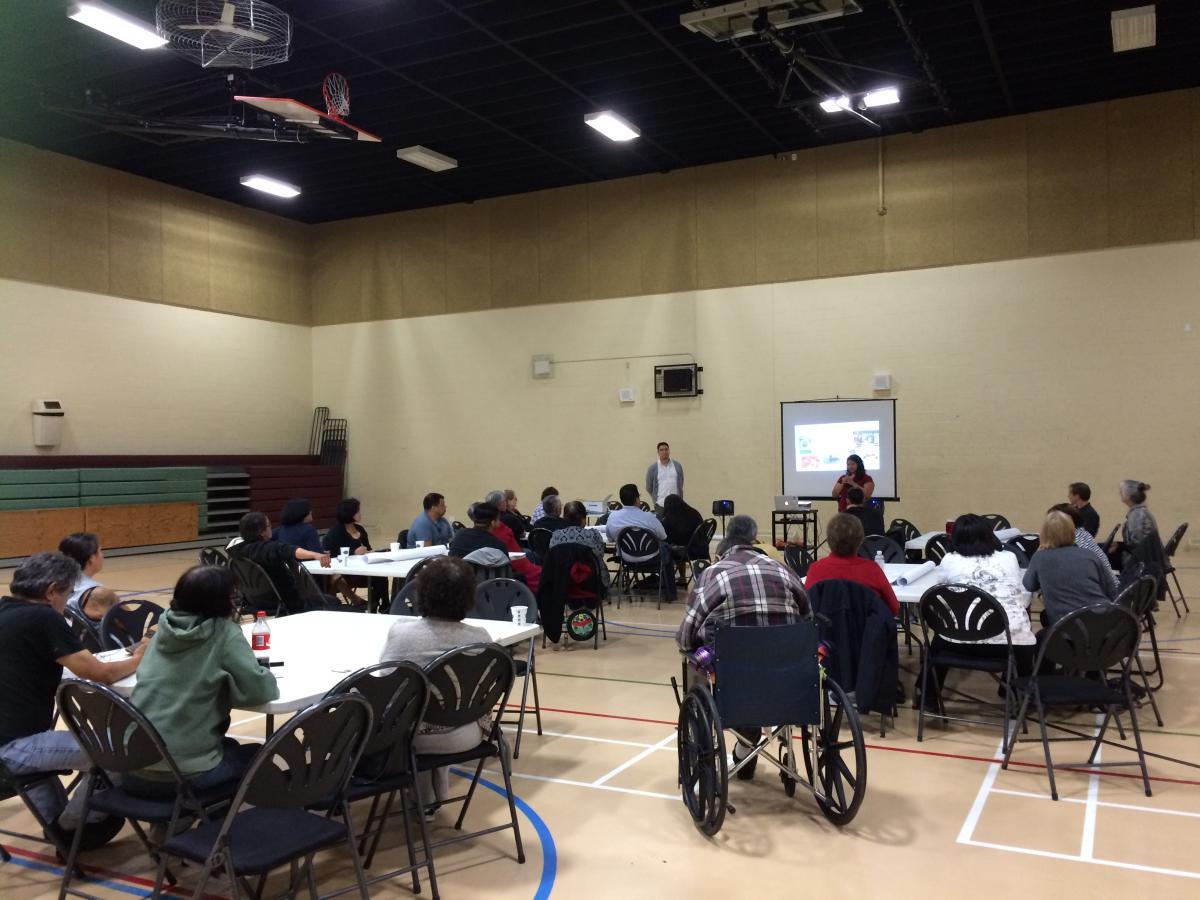 Tsawout is part of the WSÁNEĆ Nation; their main village is located on the southern tip of Vancouver Island on the east side of the Saanich Pennisula. Through the Tsawout RELAW project, community researcher Joshua James and facilitator Shauna Johnson collected over 100 stories from historical and anthropological sources and from within the community. The team invited community members to attend a series of storytelling sessions in order to re-connect with important places, such as the sacred site LÁU,WEL,NEW (a.k.a Mt. Newton), to engage with their stories and draft legal principles from those stories. Throughout the process, community members have been asked to consider the possibilities for creating an alternative future where WSÁNEĆ people actively make their own decisions and exercise authority on how to protect, conserve, and manage their marine ecosystems – and how to implement Douglas Treaty rights according to WSÁNEĆ laws.
Tsawout is part of the WSÁNEĆ Nation; their main village is located on the southern tip of Vancouver Island on the east side of the Saanich Pennisula. Through the Tsawout RELAW project, community researcher Joshua James and facilitator Shauna Johnson collected over 100 stories from historical and anthropological sources and from within the community. The team invited community members to attend a series of storytelling sessions in order to re-connect with important places, such as the sacred site LÁU,WEL,NEW (a.k.a Mt. Newton), to engage with their stories and draft legal principles from those stories. Throughout the process, community members have been asked to consider the possibilities for creating an alternative future where WSÁNEĆ people actively make their own decisions and exercise authority on how to protect, conserve, and manage their marine ecosystems – and how to implement Douglas Treaty rights according to WSÁNEĆ laws.
Indigenous Guardian Programs
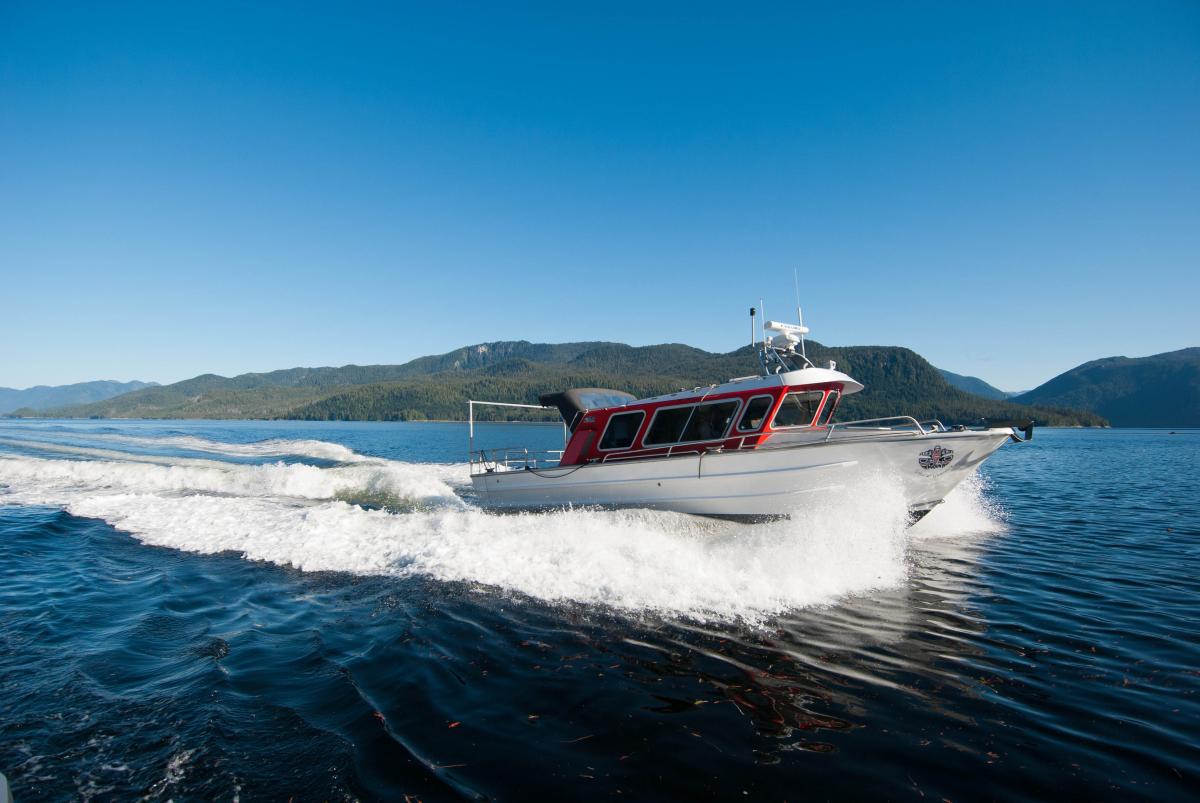 Effective laws require effective enforcement. At West Coast, we work to support the enforcement of Indigenous laws through Guardian Programs. For example, the Coastal Guardian Watchmen program was established to create an on-the-ground presence along the Pacific coast. These programs raise questions about the enforcement of both Canadian and Indigenous law. What happens when Guardians come across individuals violating laws? How can Indigenous nations enforce their own laws? How do Indigenous laws interact with Canadian laws when it comes to enforcement in the marine space? West Coast is working with Indigenous nations to explore some of these questions around enforcement.
Effective laws require effective enforcement. At West Coast, we work to support the enforcement of Indigenous laws through Guardian Programs. For example, the Coastal Guardian Watchmen program was established to create an on-the-ground presence along the Pacific coast. These programs raise questions about the enforcement of both Canadian and Indigenous law. What happens when Guardians come across individuals violating laws? How can Indigenous nations enforce their own laws? How do Indigenous laws interact with Canadian laws when it comes to enforcement in the marine space? West Coast is working with Indigenous nations to explore some of these questions around enforcement.
Top photo: 604-250